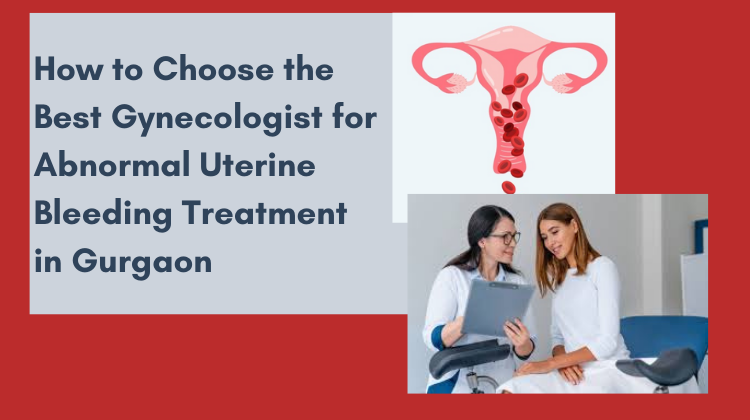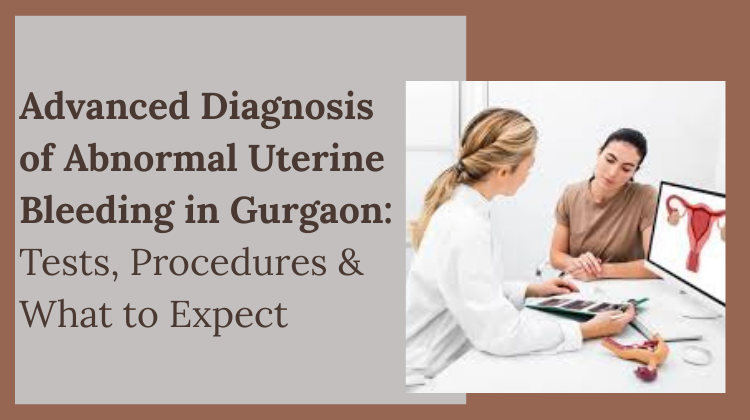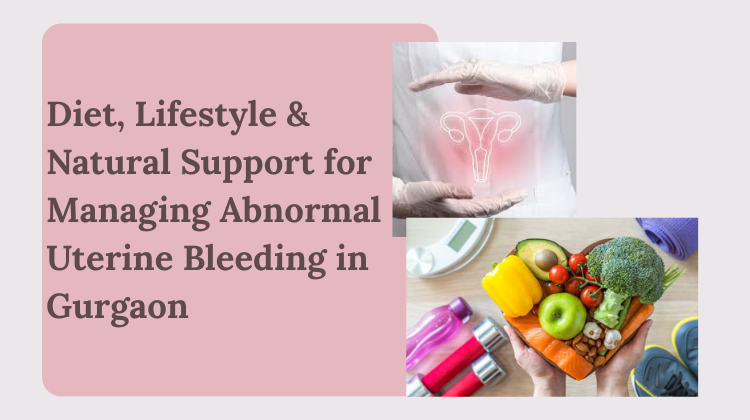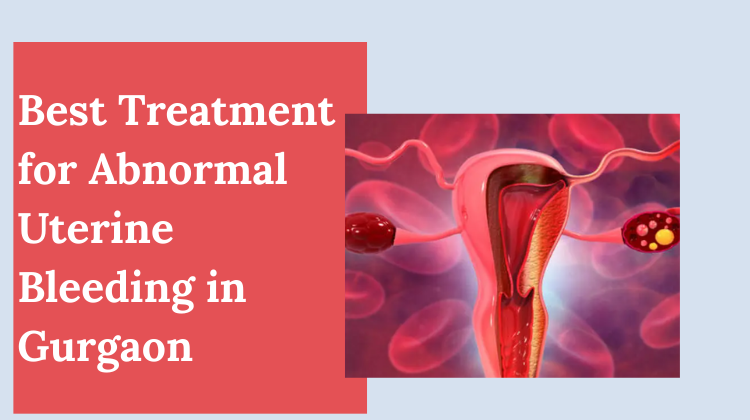PCOS vs PCOD
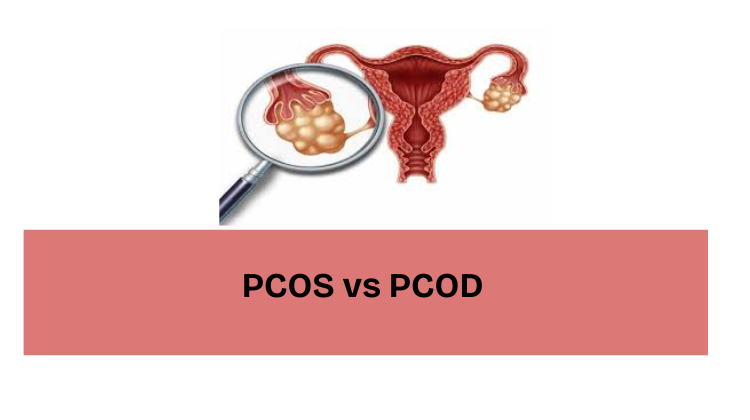
PCOS vs PCOD: Understanding the Difference and Its Impact on Fertility
In recent years, terms like PCOS (Polycystic Ovary Syndrome) and PCOD (Polycystic Ovarian Disease) have become increasingly common among women of reproductive age. Many women use them interchangeably, but while they share similarities, there are important differences between the two.
Both PCOS and PCOD affect the ovaries and hormones, often leading to fertility challenges. However, understanding how they differ — and how they impact your fertility — is essential to receiving the right treatment.
What Is PCOD?
Polycystic Ovarian Disease (PCOD) is a common condition where the ovaries produce immature or partially mature eggs, which can develop into small cysts over time.
This happens due to hormonal imbalance, particularly when the ovaries produce more androgens (male hormones) than usual.
Women with PCOD often experience:
- Irregular menstrual cycles
- Mild weight gain
- Oily skin or acne
- Hair thinning
However, PCOD is relatively mild and can often be managed through lifestyle modifications, a healthy diet, and regular exercise.
What Is PCOS?
Polycystic Ovary Syndrome (PCOS), on the other hand, is a metabolic and hormonal disorder that affects the entire endocrine system.
It causes significant hormonal imbalance, leading to irregular ovulation or absence of ovulation, which directly impacts fertility.
PCOS is considered a more serious and complex condition than PCOD and often requires medical intervention to manage symptoms and restore reproductive balance.
Key Differences Between PCOS vs PCOD
| Factor | PCOD (Polycystic Ovarian Disease) | PCOS (Polycystic Ovary Syndrome) |
|---|---|---|
| Nature of Condition | Hormonal imbalance in the ovaries | Hormonal and metabolic disorder affecting the entire body |
| Severity | Mild and more common | More severe and less common |
| Menstrual Cycle | Irregular but ovulation still occurs occasionally | Often no ovulation (anovulation) |
| Impact on Fertility | May conceive naturally with lifestyle changes | Often requires medical or fertility treatment |
| Symptoms | Weight gain, acne, irregular periods | Obesity, insulin resistance, infertility, hirsutism |
| Long-term Health Risks | Fewer | Higher risk of diabetes, hypertension, endometrial cancer |
| Treatment Approach | Lifestyle modification | Medical and lifestyle management with hormonal support |
How Do PCOS and PCOD Affect Fertility?
Both conditions can impact fertility, but the degree and reason differ.
1. Ovulation Issues
In PCOD, ovulation occurs irregularly, while in PCOS, ovulation may completely stop (anovulation).
Without regular ovulation, it becomes difficult for an egg to be fertilized, reducing the chances of conception.
2. Hormonal Imbalance
High levels of androgens interfere with egg development and release, making conception more challenging.
3. Poor Egg Quality
Prolonged cycles and irregular ovulation can reduce the quality of eggs released, impacting fertility outcomes.
4. Endometrial Health
Hormonal fluctuations can lead to an unhealthy uterine lining, making implantation of the fertilized egg more difficult.
5. Insulin Resistance
Common in PCOS, insulin resistance can disrupt hormonal balance and affect ovarian function, further reducing fertility potential.
Can Women with PCOS or PCOD Get Pregnant?
Yes, absolutely!
While these conditions may make conception more challenging, many women with PCOS or PCOD go on to have successful pregnancies with proper medical guidance and lifestyle changes.
Treatment focuses on:
- Restoring hormonal balance
- Promoting regular ovulation
- Managing insulin resistance
- Supporting weight loss and overall health
Treatment Options for PCOS and PCOD
1. Lifestyle Management
- Balanced Diet: Focus on high-protein, low-sugar meals to stabilize insulin levels.
- Regular Exercise: Improves metabolism, promotes ovulation, and supports weight loss.
- Stress Reduction: Helps balance cortisol levels, which affect reproductive hormones.
2. Medical Treatment
Depending on the diagnosis, your doctor may recommend:
- Ovulation induction medications (e.g., Clomiphene Citrate or Letrozole)
- Insulin-sensitizing drugs (Metformin)
- Hormonal therapy to regulate cycles and manage androgen levels
3. Fertility Treatments
If natural conception isn’t possible, assisted reproductive techniques like IUI (Intrauterine Insemination) or IVF (In Vitro Fertilization) can help achieve pregnancy successfully. Connect with Dr. Preeti Rastogi to know more about IUI, IVF and PCOS vs PCOD.
When to See a Doctor
If you experience:
- Missed or irregular periods
- Excessive facial or body hair
- Unexplained weight gain
- Acne or hair thinning
- Difficulty conceiving
It’s time to consult a gynecologist or fertility specialist for proper evaluation and diagnosis. Connect with Dr. Preeti Rastogi to know more about PCOS vs PCOD and fertility care.
Why Choose Dr. Preeti Rastogi for PCOS and Fertility Care
Dr. Preeti Rastogi, a leading gynecologist and fertility specialist in Gurgaon, offers expert care for women dealing with PCOS and PCOD.
Her holistic approach combines medical treatment, lifestyle counseling, and fertility management to help women restore hormonal balance and achieve successful conception.
With years of experience and compassionate patient care, Dr. Rastogi helps women navigate these conditions confidently — from diagnosis to motherhood.
Conclusion
Though PCOS and PCOD share similarities, they differ in severity, symptoms, and long-term effects on fertility.
The good news is that both conditions are treatable and manageable with early diagnosis, healthy living, and expert medical care.
If you are struggling with irregular periods, hormonal imbalance, or difficulty conceiving, seeking expert guidance from a fertility specialist like Dr. Preeti Rastogi, best gynaecologist in gurgoan , can help you regain control of your reproductive health and move confidently toward your pregnancy goals.
PCOS vs PCOD | Difference between PCOS and PCOD | PCOS and fertility | PCOD and fertility | PCOS treatment in Gurgaon | Dr Preeti Rastogi | Gynecologist in Gurgaon | PCOS specialist in Gurgaon | PCOD specialist | PCOS causes | PCOD symptoms | Hormonal imbalance in women | Fertility issues with PCOS | PCOD and pregnancy | Ovulation problems | Insulin resistance | PCOS management | PCOD cure | Best fertility doctor in Gurgaon | Women’s reproductive health | Polycystic ovary syndrome | Polycystic ovarian disease | PCOS diagnosis | Infertility in women | PCOS vs PCOD fertility impact | PCOS awareness | Hormone therapy for PCOS | Natural conception with PCOS | PCOS lifestyle changes
